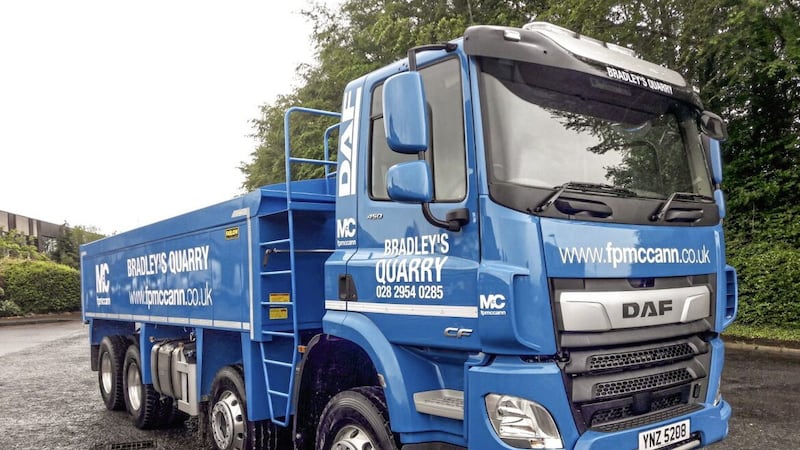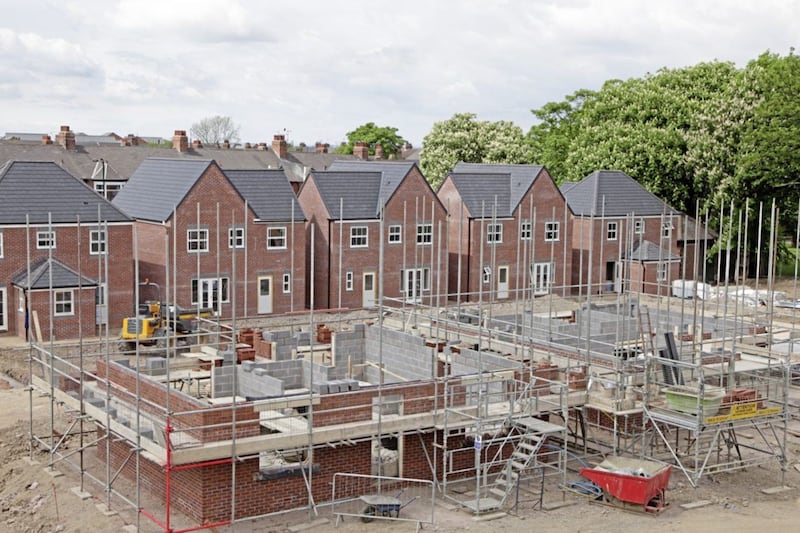IN this column I've previously outlined the potential benefits that could be derived for Northern Ireland by pursuing a 'City Deal' – that's an agreement between government and a city that gives the city certain powers and freedom to take charge and responsibility of decisions that affect its area.
Nearly all major cities in Scotland and Wales have agreed billions of pounds worth of additional benefits to boost their infrastructure and wider economies in the form of City Deals, and even rural areas of Wales are set to benefit. But City Deals had been little-mentioned in Northern Ireland.
In Wales, for instance, the Cardiff Capital Region (CCR) City Deal is an agreement between the UK government, the Welsh government and the 10 leaders of the local CCR. It includes £1.2 billion of investment in the Cardiff Capital Region’s infrastructure through a 20-year Investment Fund. It also includes the creation of a non-statutory Regional Transport Authority to co-ordinate transport planning and investment, in partnership with the Welsh Government.
Under the terms of Greater Manchester's city deal, the local authorities can retain a proportion of the enhanced business tax take brought in as a result of boosted productivity.
Given the potential benefits for Northern Ireland of a city deal, I was encouraged that a Belfast City Council delegation was at Westminster last week to lobby for the devolution of key functions through a bespoke deal similar to those already agreed for the likes of Glasgow.
It seems that Belfast City Council is seeking in particular to lead on major regeneration projects, to up-skill the city's citizens, and improve the transport infrastructure, including building rail links between the city and the two main airports.
City deals can play an important role in supporting economic growth in Northern Ireland. Such deals should work closely with other initiatives in a joined up way, and in particular should enhance our infrastructure.
Infrastructure is an area in particular need of investment. Northern Ireland’s infrastructure is aging and in need of significant upgrading. As we have stated in the RICS NI Manifesto, an introduction of domestic water charging and case-specific use of Public Private Partnerships, could also be useful means to provide the funding to enable the necessary investment to happen.
Sufficient supply of appropriate office accommodation and workspace is also crucial for economic development in the city. However the supply of Grade A space in Belfast is extremely limited – and there are ways that a city deal could help.
Prime city centre enterprise zone models could be a way to boost office development. This could be done in conjunction with other initiatives led by the NI Executive, including the fast-tracking of planning applications, and development of commercial incentives to upgrade existing space to Grade A offices. Vacant rates relief for new build or upgraded office development, for a set temporary period or until full occupancy is reached is also worth consideration.
Belfast Council chief executive Suzanne Wylie has pointed out that Belfast is not currently fulfilling its potential and, as a consequence, is "lagging behind" other cities in the UK. There is no doubt that Belfast needs to improve its competitiveness. And we believe that the City Deal model could play an important role.
:: Ben Collins is director of the Royal Institution of Chartered Surveyors (RICS) in Northern Ireland, which represents 4,000 cross-sectoral members comprising of chartered and associate surveyors, trainees and students.







